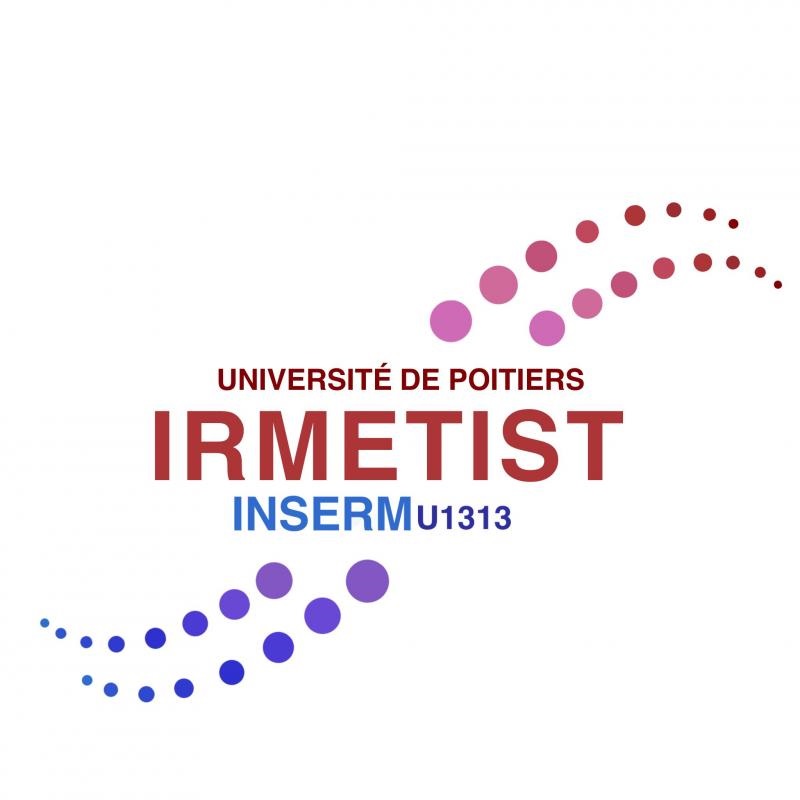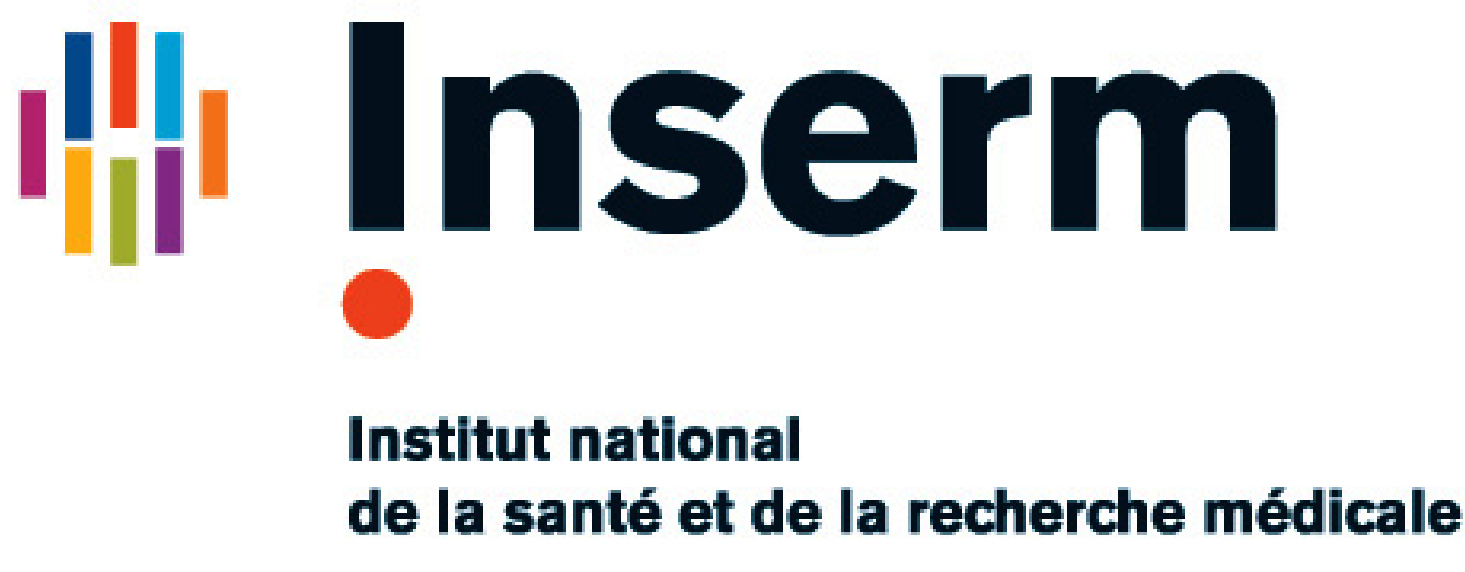Supplementation With a New Therapeutic Oxygen Carrier Reduces Chronic Fibrosis and Organ Dysfunction in Kidney Static Preservation
Résumé
Static preservation is currently the most widely used organ preservation strategy; however, decreased donor organ quality is impacting outcome negatively. M101 is an O-2 carrier with high-oxygen affinity and the capacity to function at low temperatures. We tested the benefits of M101 both in vitro, on cold preserved LLC-PK1, as well as in vivo, in a large white pig kidney autotransplantation model. In vitro, M101 supplementation reduced cold storage-induced cell death. In vivo, early follow-up demonstrated superiority of M101-supplemented solutions, lowering the peak of serum creatinine and increasing the speed of function recovery. On the longer term, supplementation with M101 reduced kidney inflammation levels and maintained structural integrity, particularly with University of Wisconsin (UW). At the end of the 3-month follow-up, M101 supplementation proved beneficial in terms of survival and function, as well as slowing the advance of interstitial fibrosis. We show that addition of M101 to classic organ preservation protocols with UW and Histidine-Tryptophane-Ketoglutarate, the two most widely used solutions worldwide in kidney preservation, provides significant benefits to grafts, both on early function recovery and outcome. Simple supplementation of the solution with M101 is easily translatable to the clinic and shows promises in terms of outcome.
| Origine | Fichiers éditeurs autorisés sur une archive ouverte |
|---|



